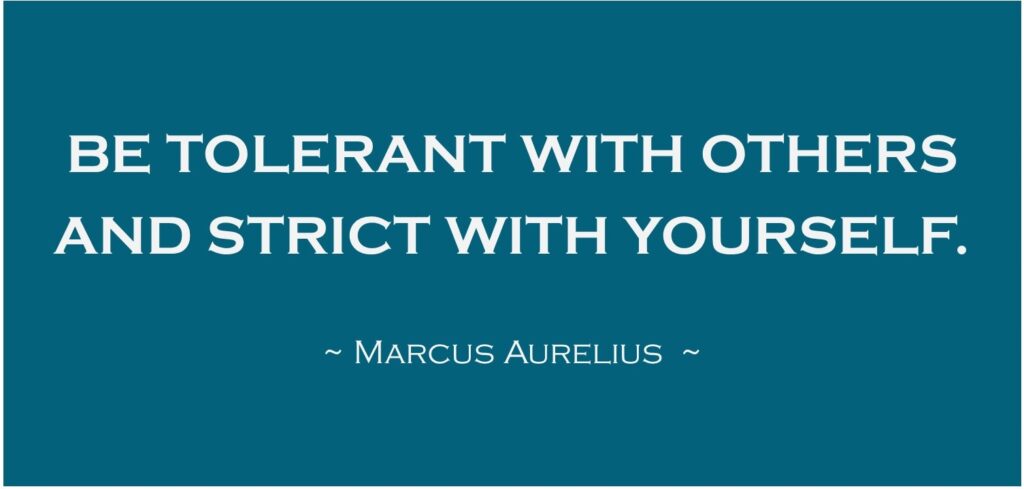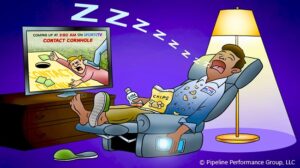“Be tolerant with others and strict with yourself.” – Marcus Aurelius
“Most people are subjective toward themselves and objective toward all others, frightfully objective sometimes–but the task is precisely to be objective toward oneself and subjective toward all others.” – Soren Kierkegaard
I noticed the quote from Marcus Aurelius, the Roman Stoic, on The Daily Stoic app. Then I remembered the Danish philosopher Soren Kierkegaard, who wrote often about subjective truth. I am 73 this month. The past couple of years and the present days have presented difficulties and continue to be difficult. I am having to seek tolerance and understanding from others. I am also having to deal objectively with some current limitations. Such is the fate of people and programs. Difficulties abound, even in audits.
We have been assisting clients with actual Control Room Management (CRM) audits, as well as gap assessments and preparation through mock audits. In the actual audits, the inspectors have been much stricter with others in 2020-2021 while the pipeline operator would prefer more tolerance. It has always been interesting to me how subjective people are about the excellence of their CRM plans.
At least one of our past clients is always defensive when PHMSA or anyone else points out a possible regulatory deficiency or an operations problem. I have heard numerous people there complain about how everyone picks on them and no one understands how difficult it is to operate and maintain the large pipelines they have, and to deal with all of the regulations. I think they would be much better off being stricter with themselves and doing less whining, but they do not seem to be capable of a critical look at their programs and procedures. Maybe they should study the Stoics and Kierkegaard.
What would “strictness with yourself” look like, related to CRM plan conformance to the regulatory requirements? What would “objectivity toward oneself” consist of in your control room or other work area? Here are some suggestions:
- Establish a rigorous standard that is based on an operations philosophy of no errors, no accidents, no leaks, and no spills. Companies that believe they will have some errors, accidents, leaks, and spills will have more than ones that set zero as the target.
- In that rigorous standard, include human factors principles and practices that focus on making the controller’s job easier instead of more difficult.
- Do not compare your program to others in your industry or “class.” Compare it to compliance with the regulations, the FAQs, the inspection questions and applicable industry standards. Address your specific problems.
- Use the publicly published PHMSA CRM Enforcement Actions and ensure your program does not have issues for which other companies have been cited.
- Reject the tendency to remove some of the requirements in your CRM program because they are best practices and not regulatory requirements. Don’t you want to have best practices in your control room?
- Practice a continuous improvement mindset and not a complacency mindset. Review what is being done shift by shift, day by day, week by week. Do not wait on annual reviews to find and address deficiencies.
CRM and Philosophy | Charles Alday © 2021 Please Distribute to Others.




